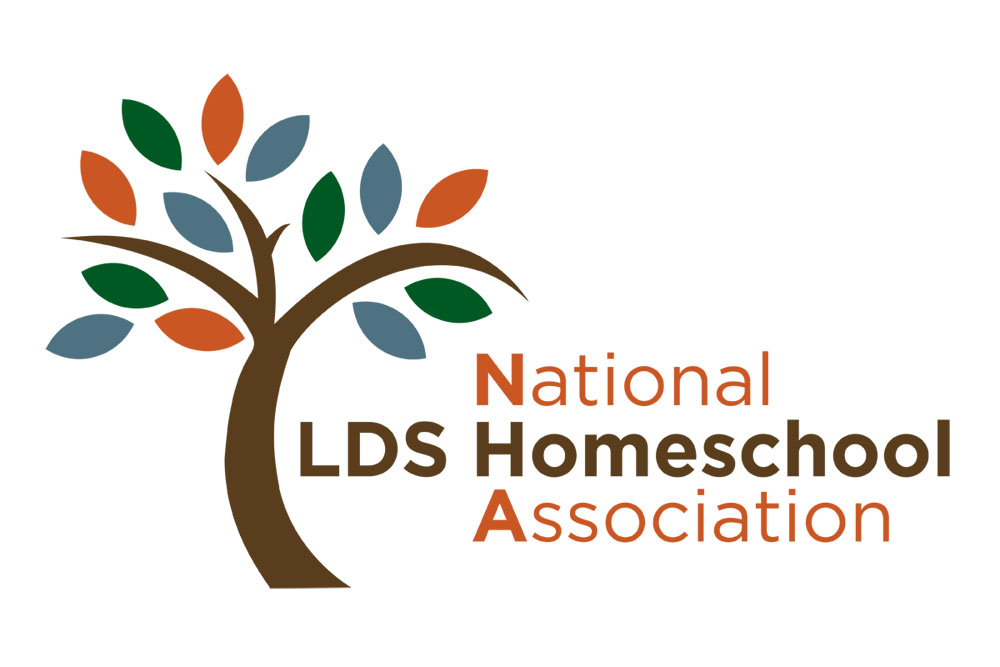Your style fits well with a "Classical" approach to education.
The Classical Approach has produced great minds throughout history, and has strong elements of perennialism (the view that the core body of knowledge that students should learn has remained constant throughout hundreds of years). Many of the founding fathers were trained with a Classical Education. Classical education is broken into three fundamental stages, or "Trivium" which follow a child's natural mental and physical developmental stages. The early years of school or the “grammar stage” involve learning and absorbing facts and laying a strong foundation for future knowledge. The middle school years or “logic stage” incorporate learning to think for oneself and the development of reasoning skills. The High school years, or “rhetoric stage,” is the time for a child to learn to express himself both verbally and through writing persuasively and eloquently. A classical education places emphasis on an in depth study of the classics in each disciple.
The most well known guide book for a Classical Education is “A Well-Trained Mind” by Jessie Wise and Susan Wise Bauer.
Strength of Classical Education
- Tailored to a child's natural stages of development.
- Teaches thinking skills and verbal, written expression.
- Creates self motivated learners.
- Has produced great minds throughout history.
Weaknesses of Classical Education
- There is very little prepared curriculum available.
- Requires a very scholarly mentor and teacher to inspire and motivate the child.
- Can be difficult to measure success.
Resources and Curriculum for Classical Education
- The Well Trained Mind - Susan Wise Bauer
This is more than just a book, it is a complete resource for Classical Education. There is a list of suggested curriculum and materials as well as sample schedules by grade.
Another Philosophy based on the principles of classical education is:
Thomas Jefferson Education
Often referred to as TJED, this philosophy of education is based on the book by, Dr. Oliver DeMille entitled, “A Thomas Jefferson Education.” In his book, DeMille outlines the method that George Wythe implemented as he tutored and mentored our nations third President and Author of the Declaration of independence. This method emphasizes the importance of the mentor and student relationship, a child's involvement in the learning process, and has a heavy emphasis on reading of the classics.
The philosophy is based on five stages of learning; the core phase, love of learning phase, scholar phase, depth phase and mission phase. It is through these five stages Dr. DeMille believes that the next generation of statesmen will arise.
Resources for a Thomas Jefferson Education:
Books:
- Thomas Jefferson Education By: Oliver Demille
- Thomas Jefferson Education Home Companion By: Oliver Demille, Rachel Demille, Diann Jeppson,
Websites:


